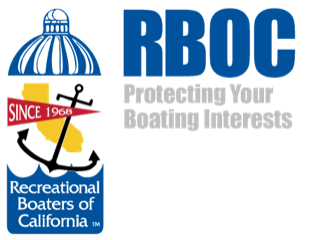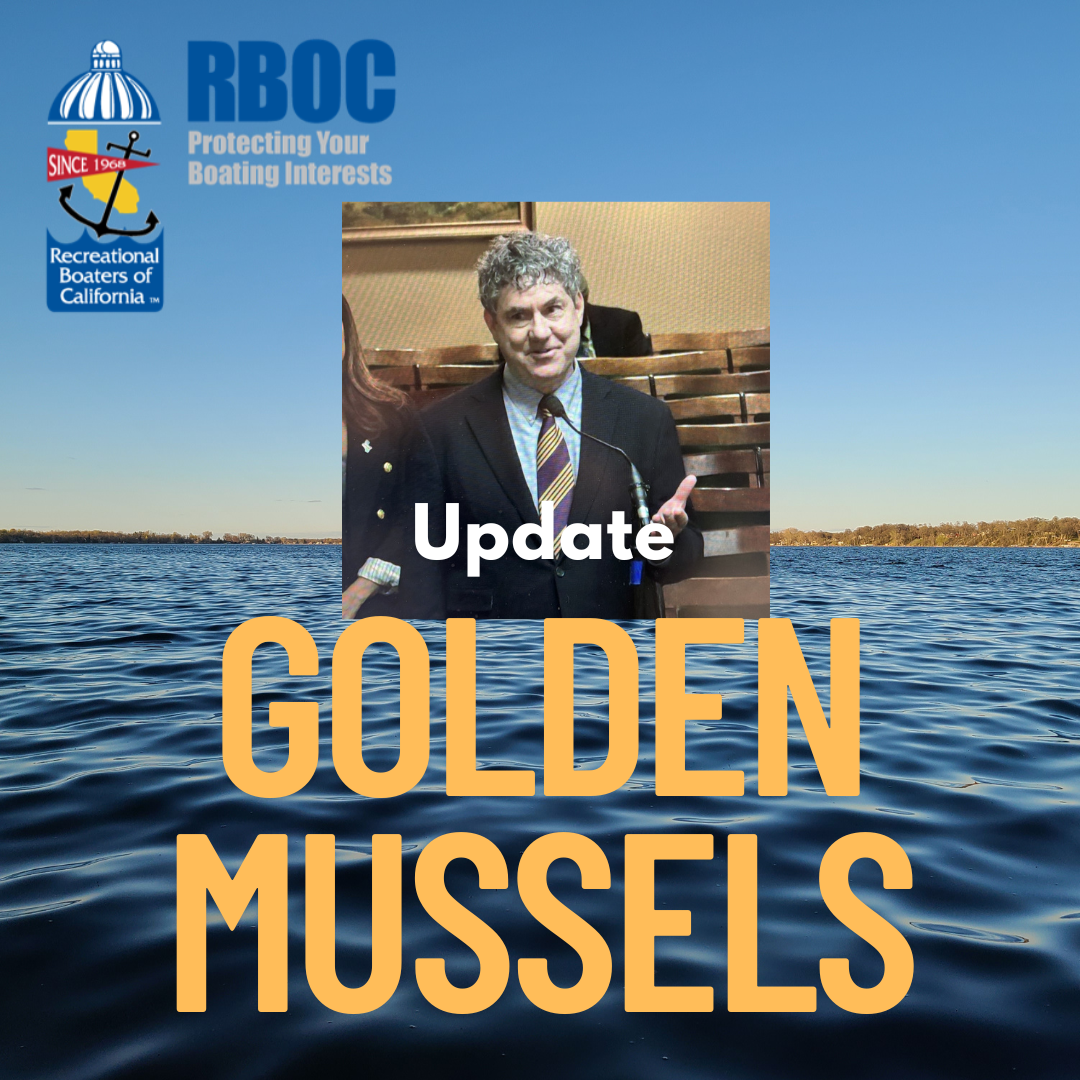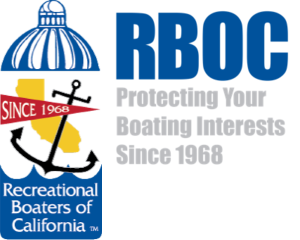As the Legislature rushes to pass budget trailer legislation to the Governor by September 12, RBOC has identified several key boating concerns with the golden mussel measures AB 149 and SB 149 that prevent it from supporting the measures as currently worded. The nonprofit boater advocacy organization is advocating for changes to resolve those concerns.
The organization appreciates the efforts of Assembly Member Heather Hadwick in bringing issues forward in today’s hearing of the Assembly Budget Committee and urging their resolution for the many recreational enthusiasts in her Northern California district that includes Lake Tahoe and many other lakes.
RBOC shares the objectives of the just-amended AB 149 and SB 149 to enhance the current efforts to prevent the infestation and spread of nonnative, invasive golden mussels into additional waterways and water delivery infrastructure.
These two budget trailer bills and their specific provisions were just made public this week through amendments,
Piecemeal - They comprise a piecemeal approach on an important issue that deserves a comprehensive, multi-disciplinary dedication of resources with the engagement of the various agencies, departments, divisions, stakeholders and beneficiaries.
Boater Fee Focus - While the measures identify and dedicate tens of millions of additional state funds for these efforts, they impose additional fees on only one stakeholder: the owners of recreational vessels.
New fees place yet another obstacle in front of boaters who are already deterred by constantly-changing prohibitions and restrictions being imposed on a case-by-case basis for individual bodies of water. There are locations where boaters are paying $120 or more to decontaminate their boats, avoid 30-day quarantines, and launch them at a lake.
Interstate Impact - As currently drafted, SB 149 requires nonresident vessels to obtain and display a California Invasive Mussel Infestation Prevention Fee sticker to operate on nonmarine waters within the state. This inadvertently creates a regulatory gap on Lake Tahoe and Topaz Lake. Both lakes straddle the California–Nevada border, and thousands of vessels cross jurisdictions during a single boating season. This oversight risks undermining decades of collaborative work between California and Nevada agencies, the Tahoe Regional Planning Agency [TRPA], and local partners.
Decontamination - Attention must be given to approaches to minimize the disruptions to on-the-water recreation without compromising the prevention and eradication efforts. These should include enhanced decontamination facilities, as well as an extension of inspections to the variety of non-motorized craft that are placed into the water at locations other than launch ramps and present a risk of spreading infestation, such as kayaks, canoes, rafts and other vessels.
Commercial Ships - The measures also fail to identify and address the most prevalent source of the introduction of invasive species in our waterways, which is commercial ship ballast water. A high priority must be placed on new measures to effectively prevent future occurrences and place responsibility and accountability on these sources of infestation.
These issues are essential to an effective, balanced effort to prevent, control and eradicate golden mussels, and RBOC offers our continued engagement to accomplish this shared objective.




